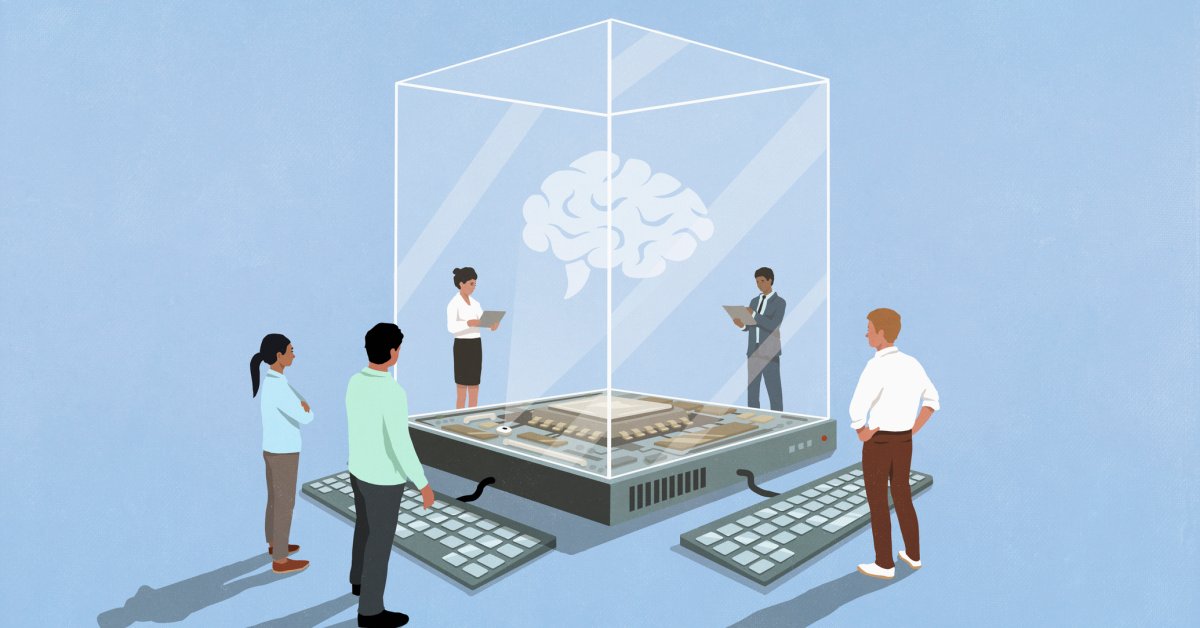AlphaGo) finally beat the world champion at the game of Go.
However, with the rapid advancements in AI technology, systems are now achieving top scores on popular tests like the SATs and the U.S. bar exam. This makes it difficult to accurately judge the pace at which AI systems are improving. To address this issue, a new set of more challenging evaluations has emerged, created by various organizations. These evaluations are designed to push AI systems to their limits and provide a more accurate assessment of their capabilities.
One such challenging evaluation is FrontierMath, a set of exceptionally difficult math questions developed by the nonprofit research institute Epoch AI in collaboration with leading mathematicians. Currently available AI models scored only 2% on these questions. However, just one month later, OpenAI’s o3 model achieved a score of 25.2% on FrontierMath, surprising even the experts who created the evaluation. This rapid progress highlights the need for more advanced evaluations to truly understand the capabilities of advanced AI systems.
These new evaluations could serve as early warning signs for the potential risks posed by future AI systems in domains like cybersecurity and bioterrorism. With experts concerned about the potential dangers of advanced AI, having a better understanding of what these systems are capable of is crucial. By pushing AI systems to their limits with challenging evaluations, researchers can identify any threatening capabilities that may emerge in the future and take preventative measures.
Overall, the rapid progress in AI technology has led to the need for more advanced evaluations to accurately assess the capabilities of these systems. While AI developers may not always know the full extent of their systems’ capabilities at first, challenging evaluations like FrontierMath can help push AI systems to their limits and provide a better understanding of their potential risks. By staying ahead of the curve and continuously pushing the boundaries of AI technology, researchers can better prepare for the potential risks and benefits of advanced AI systems in the future.









